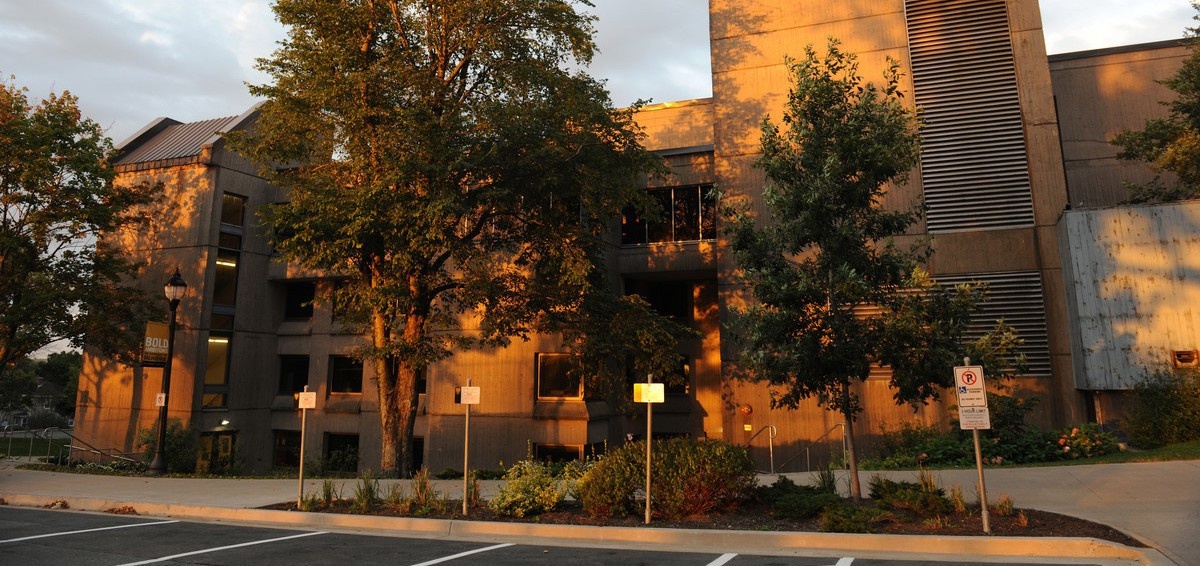Honours Program
Students who wish to enter into the Honours program require approval of both the Psychology and Neuroscience Department and the Registrar (see the Calendar for a full description of university regulations governing Honours programs). Students who have graduated from Dalhousie with a BA or BSc (15 or 20 credit) may return for an additional year to obtain an Honours Certificate. Admission requirements are the same as those listed for Honours students. If you want to have more information, you can contact either a Psychology or Neuroscience Honours Coordinator to make an appointment.
NEW FOR 2025: Our policy concerning who can supervise a Psychology or Neuroscience honours project has changed a bit for 2025-26 and beyond. These changes were made to ensure that all of our honours students are protected under Dalhousie’s policies regarding academics and safety. For more information about who can and cannot supervise honours projects in the Department of Psychology and Neuroscience, please review the 'What are the supervisor requirements for gaining admission into the program' FAQ below.
The University has a set of requirements for ALL students completing Honours degrees in a BA or BSc program. To see the University-level requirements, please consult the Academic Calendar.
- Click the following link for information in the Academic Calendar about the Psychology Honours Program (the two options in the right-hand side navigation bar). If you have questions about PSYO honours, please contact the Psychology Honours Coordinator at psychhon@dal.ca.
- Click the following link for information in the Academic Calendar about the Neuroscience Honours Program (two options in the right-hand side navigation bar). If you have questions about NESC honours, please contact the Neuroscience Honours Coordinator at neurohon@dal.ca.
The 2025-26 PSYO and NESC departmental honours applications (MS forms) is now closed.
- NESC departmental honours application link.(This link is currently closed. The 2026-27 link will open in Spring 2026, date TBD.)
- PSYO departmental honours application link. (This link is currently closed. The 2026-27 link will open in Spring 2026, date TBD.)
FREQUENTLY ASKED QUESTIONS AND ANSWERS
Learn More
Interested in a 20-Credit BSc degree with a Major or an Honours in either Neuroscience or Psychology? Our student guidebooks detail all you need to know about program requirements.
Are you an incoming student wanting to know what to expect from Psychology and Neuroscience? Our Programs at a Glance pages provide an overview of each - including year-by-year course selection and possible career opportunities.
